Mediation
Divorce and Family Law mediation offers families a dramatically different approach than the courtroom setting, and we have found that it often suits our client’s needs better.
The mediation approach can diffuse tension, save money and provides the flexibility of a custom-tailored agreement as unique and dynamic as the individuals who are creating the terms.
Advantages of the Mediation Approach
Amicable Process
We have found that the mediation process tends to be far less adversarial than the traditional courtroom setting. The litigation system is, by its nature, adversarial and the mediation system is, by its nature, collaborative. We understand that the uncoupling process or child custody process will always be full of emotion; but it doesn’t have to be full of retaliatory courtroom maneuvers that push the parties further apart. Our mediators are trained to facilitate negotiations between both the most amicable and high-conflict couples and we find that parties often have a better relationship at the end of the negotiation than where they began.
We find this approach especially beneficial when the parties have children together. Parties who are able to mediate successfully and create meaningful, lasting, child-centered agreements despite their differences set an incredible example for their children on how to resolve challenging disputes respectfully and productively.
Cost-effective
As a general rule, mediation is a fraction of the cost of a litigated divorce. The majority of our mediated cases can be resolved in twelve hours or less. Considering the average litigated divorce client will spend close to twice that for just their side of the litigation costs, mediation is by far the more cost-effective option. In addition to savings on the front end, research shows that mediated agreements are significantly more likely to be followed than court-ordered terms, saving our clients money down the road on the cost of contempt or modification proceedings.
Tailored Agreements
Unlike the traditional courtroom process, mediation agreements are customized to meet the needs specific to you and your family. Court orders are often unable to consider the more nuanced, but very real-life, issues that families face from paying for college tuition, wedding costs, pet provisions and the other various small things that make up our everyday lives. With the mediation process, the “little things” are able to be considered on an equal playing field with the traditional “big things” and parties are able to raise their specific issues with the mediator. Mediated agreements also have the ability to include creative, out of the box, solutions that would not be considered in traditional litigation, allowing both parties’ needs, and their children’s specific needs, to be met.
Confidentiality
The mediation process is not a public forum. Family law courts are public courts and typically the entire calendar for the day is in the same room (or virtual room) while cases are heard before the Judge. The intimate details of your family life may be on display to a room full of strangers. Through mediation, there is no court reporter and everything said in the mediation session is confidential. The mediator cannot be called as a witness if the case does eventually go to court. We have found that the confidentiality of mediation protects clients from the fear of withholding information and facilitates comfort and openness in each session.
Client-Centered Negotiations
In a traditionally litigated case, attorneys can sometimes take center stage throughout the negotiations. All proposals and discussions pass from attorney to attorney and oftentimes, the client’s interests can be lost in translation. In the mediation process, the clients are always the center of the negotiations. The mediator facilitates respectful, productive and effective communication but the client’s interests, needs and concerns are fully addressed in each session. Although clients are encouraged to seek the advice of outside counsel on their agreements, the clients are the ones making the decisions in negotiations. Additionally, mediation clients set the pace of the process rather than by court mandate.
Get in touch.
5330 Primrose Drive, Suite 146
Fair Oaks, CA, 95628
(916) 681-2342

